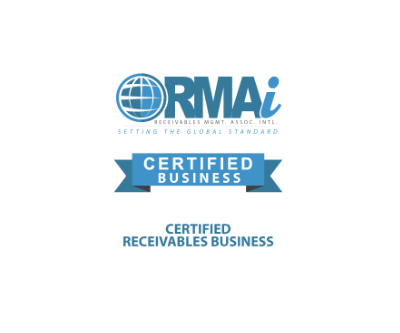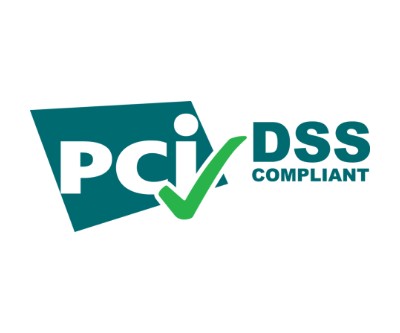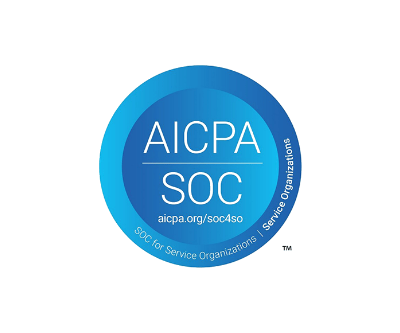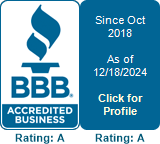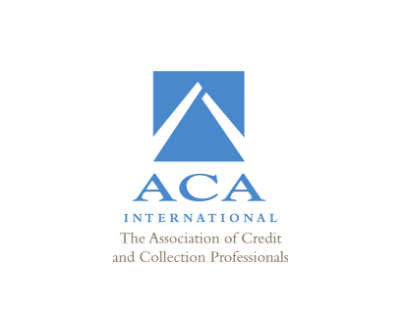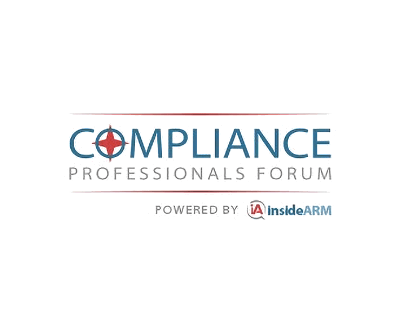Much More Than Collections
Modern Customer Engagements and Receivables Management
WHY US
What Makes Us Different?

OmniXp
Our revolutionary Omni channel platform provides consumers the freedom to choose how they interact with us delivering personalized experiences and remarkable engagements.

EngageRight
Our “Contact Optimization” machine learning engine creates a customized strategy to know who, when, and how to contact consumers. EngageRight provides our clients with some of the highest reach and recovery rates in the industry.

Our People
Voted as the best place to work in collections, First Credit Services hires, trains, and retains the best agents in the business

We are your trusted partner
25+
years of experience
3
global call centers
29 M+
calls annually
Fortune 500
client base
Nationally
Licensed
Worked with over 10M consumers
WHAT WE DO
Our Services
First Credit Services is a BPO company and an omnichannel debt collection agency that specializes in First-Party and Third-Party collections, and Customer Service Outsourcing. Utilizing our flexible OmniExp platform we can tailor our consumer engagements to meet most business needs.

First Party Collections
Failed payment recovery and early stage collections.

Third Party Collections
Effective and compliant late stage collection services.

Business Process Outsourcing
Outsourced customer service functions or departments.

Extended Business Office
Healthcare collection services
Get in touch
Interested to know more? We can help.
OUR EXPERTISE
Industries We Serve

Automotive Finance

Medical & Healthcare

Government & muncipal

Commercial lending
It is important to find business partners who have experience in your industry. They should understand all of the industry nuisances and be well versed in the related jargon. You should feel comfortable that the vendor you select has proven that their processes and strategies work in your marketplace.
With more than 25 years of being in business, First Credit Services has built a team of the best debt collectors specializing in early and late stage collections. Along with being the best debt collection agency, we have over 20 years of experience specializing in Business Process Outsourcing Solutions. We pride ourselves in our ability to build effective outsourcing programs to meet the exact requirements and budgets of each business. This strategy and our experience makes us the right choice for industries like Automotive Finance, Fintech, Health and Fitness, and Commercial Lending.

OUR INSIGHTS
The Latest From First Credit Services
Get in touch
Interested to know more? We can help.




